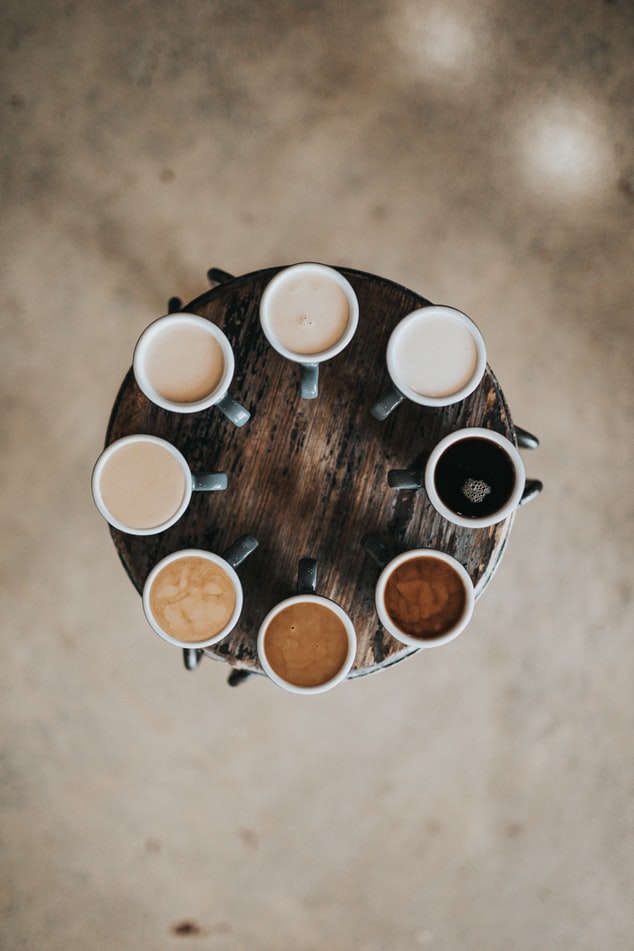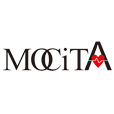Coffee, like alcohol, has a long history of prohibition, attracting fear and suspicion and religious disquiet and hypocrisy. Had the zealots (of all religions) got their way then there would not be very many coffee houses open today.

Coffee drinking was banned by jurists and scholars meeting in Mecca in 1511. The opposition was led by the Meccan governor Khair Beg, who was afraid that coffee would foster opposition to his rule by bringing men together and allowing them to discuss his failings. Thus was born coffee’s association with sedition and revolution. It was decreed sinful (haraam), but the controversy over whether it was intoxicating or not raged on over the next 13 years until the ban was finally rescinded in 1524 by an order of the Ottoman Turkish Sultan Selim I, with Grand Mufti Mehmet Ebussuud el-İmadi issuing a fatwaallowing coffee to be drunk again. Beg was executed for his troubles by command of the Sultan himself, who further proclaimed coffee to be sacred. In Cairo there was a similar ban in 1532; coffee houses and coffee warehouses there were ransacked.

